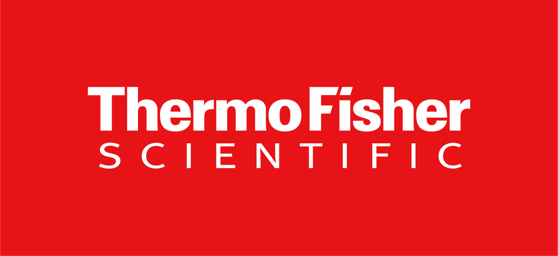The African Data and Biospecimen Exchange (ADBEx) – a platform to facilitate equitable and ethical sharing of African data and biospecimens.
Lulamba, T. E.*, Tsaone Tamuhla, T., Tiffin, N.
South African National Bioinformatics Institute, University of the Western Cape, South Africa
Background Equitable secondary use of African data and biospecimens is urgently required to address the underrepresentation of African populations in global research and inequitable research practices that disadvantage researchers and research participants in the global South. The African Data and Biospecimen Exchange (ADBEx), an online multi-purpose platform, hosted in Africa, will provide infrastructure for equitable, ethical sharing of African resources available for secondary use and/or collaborative research. No datasets or biospecimens are archived on the platform or by ADBEx; instead, only the metadata about these resources must be listed. Researchers hold their own datasets and biospecimens until such time as the type of sharing is agreed (direct, collaborative, federated or TRE-based) and a sharing agreement is created and formalised using an integrated sharing agreement builder on the platform; so specific formatting or sample prep is not required, and overhead costs of data/biospecimen sharing are reduced through a disseminated approach that does not require expensive centralised storage of samples and data. Methods The ADBEx platform is currently under development and will provide queryable metadata resources, available supporting documentation, and direct communication channels between resource provider and consumer where terms of sharing/collaboration can be reached. To do this, the platform has an underlying metadata structure, drawing on multiple ontologies from different domains, to facilitate the listing and querying of minimum data representing key characteristics that are important for secondary use of a wide range of datasets and biospecimens listed on the platform. The metadata framework has been compiled using multiple ontologies for categories including human, animal and microbial samples and biospecimens. For listing datasets and biospecimen collections, the essential metadata that must be entered is minimal, to ensure a low barrier to entry for listing resources on the platform, and then optional fields may also be captured to provide more detailed metadata about the resources. Underlying ontologies for all fields are designed to assist with listings and effective searching. Results/Impact The ADBEx platform will provide African researchers with oversight of the resources for which they are responsible, with sufficient autonomy to negotiate sharing, collaboration and benefit-sharing agreements. The metadata structure with minimum metadata requirement important for secondary use and collaborative analysis, mapped ontologies, and option to list additional granular information to make the resources more accessible for targeted searching was created, and protocols for listing of resource metadata and searching of resources adhering to this structure were implemented. Conclusion A comprehensive metadata structure that harnesses existing ontologies can ensure that users are able to effectively and easily list their resources that are available to share; and users can efficiently identify resources they would like to access. A careful delineation of required versus optional metadata fields ensures a low barrier to entry whilst supporting capture of granular information about resources where appropriate. ADBEx will support African governance of African data and biospecimens, and promote equitable, ethical and transparent onward use of Africa data and biospecimens, and the design of the metadata framework will ensure that the listing and querying of resources is both comprehensive and effective.
Keywords: data, specimens, database
